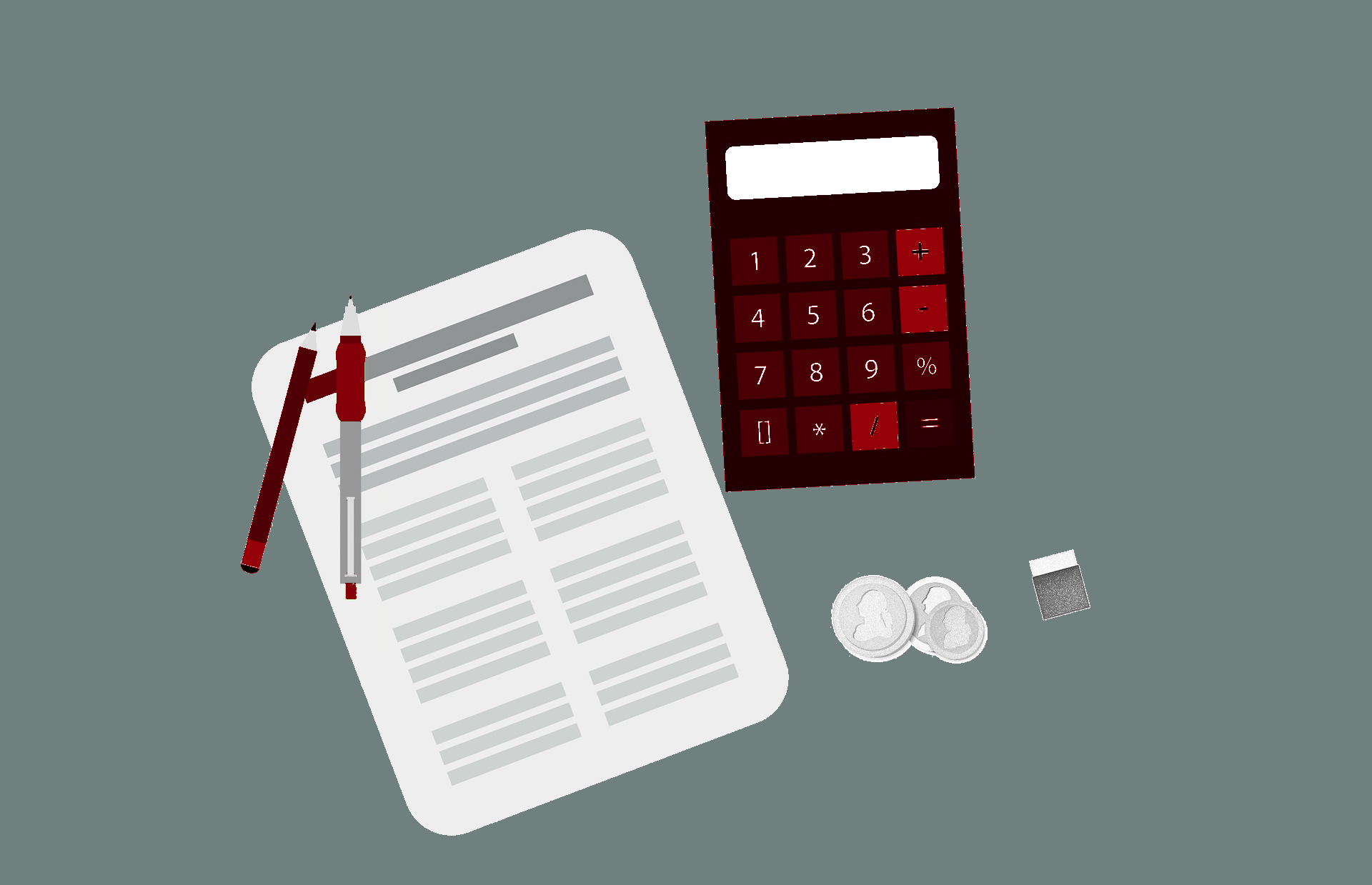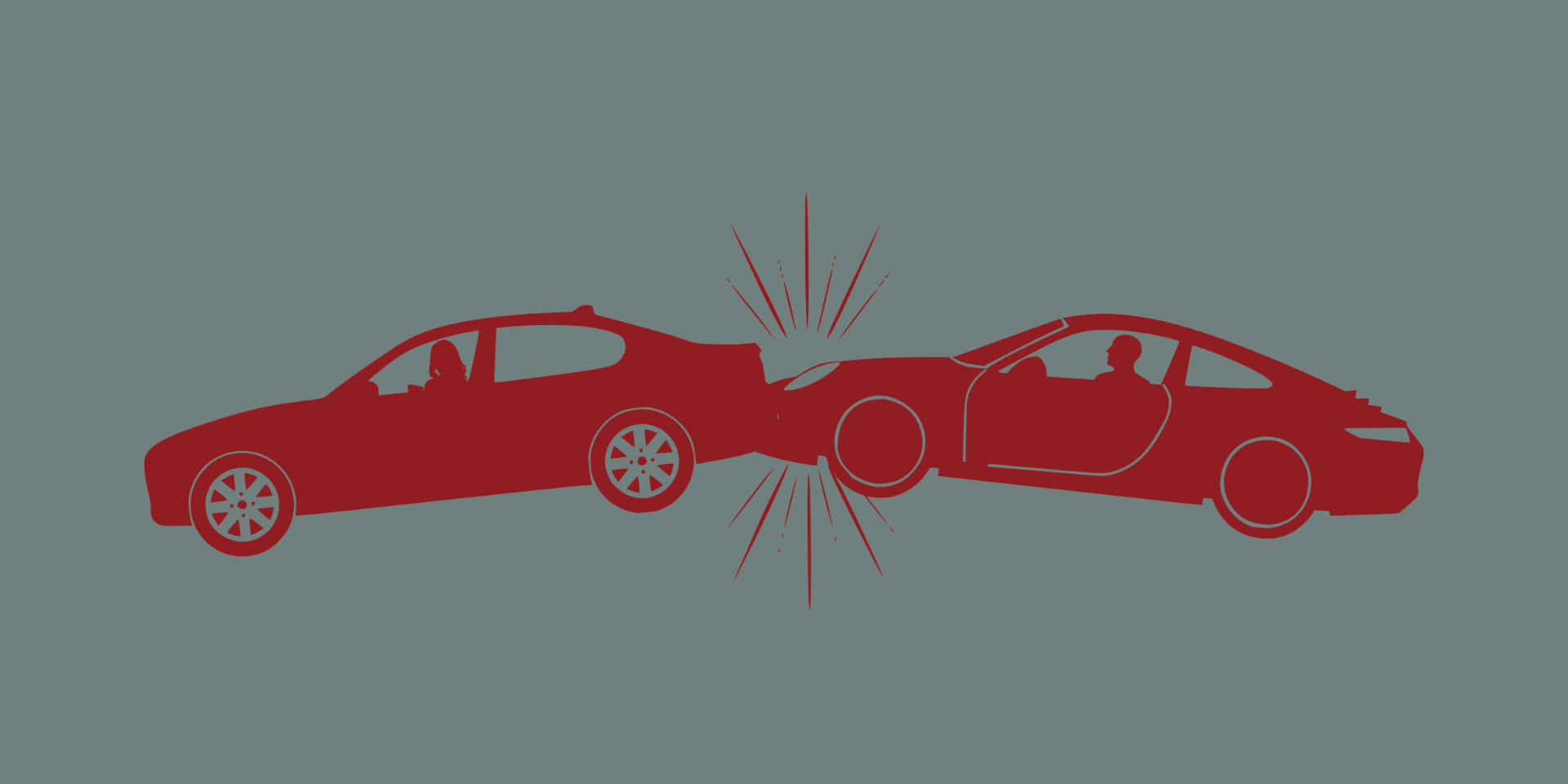What are the advantages and disadvantages of buying an investment property with a 100% financing?
 |
| Image by Oliver Putz on Unsplash |
Also, your return on investment, relative to your actual invested capital, is of course very high with a 100% financing.
But on the flip side, you pay these two benefits with a greatly increased risk in your financing. But let’s not get ahead of ourselves and take a closer look at the two areas.
What are the
advantages of a 100% financing?
The main advantage is clearly that you require very little equity to start your career. More specific: You only need to pay the ancillary purchase costs yourself (depending on the property itself and the state the property is on, that’s about 10% of the purchase price). The rest of the money you borrow from the bank.
For example, if you want to buy several properties to rent them out, and you have €100,000 equity, you can, purely mathematically and at 10% purchase costs, buy 2 properties for €500,000 each with this equity. (2*€500.000 * 10% = €100.000) If you use a more conservative 90% financing, you can only afford to buy one property for €500,000. (€50,000 purchase costs + 10% equity for financing) any longer.
This is also called the leverage
effect.
Ok, so 100%
financing allows you to grow faster as an investor. But what is the
disadvantage you must accept for this?
What are the
disadvantages of a 100% financing?
Equity is often a bottleneck and usually difficult to obtain. A 100% financing therefore helps you to grow quickly, but unfortunately it also has a big disadvantage: your financing becomes much riskier.
If the real estate prices continue to rise, everything is fine even with 100% financing. The value of the property is always higher than the value of your debt and everything is fine. Even if you could no longer service the loan, you can sell the property and pay off all your debts. But what if property prices go down?
Then, the leverage effect suddenly works against you!
The leverage effect with a 100% financing can work for you at stable real estate prices, but with falling real estate prices, it can also work against you very quickly! (Image by Oliver Putz on Pixabay) |
If you have financed a property for €500,000 at 100% and the property decreases in value by only 10%, you now have €50,000 more debt than real estate value.
This is not only bad for your balance sheet, but can even lead to the bank wanting additional collateral from you for the loan. After all, the loan is now no longer fully secured by the value of the real estate. If you can't provide the extra collateral, it may even happen, that the bank forcibly auctions your property to liquidate the contract. If this happens, you end up with no property and a lot of open debt.
It rarely comes this far, but such a “fire sale”
was one of the triggers for the last real estate crisis in the US.
Note: If you want to know more about this and other risks that come with a real estate investment, also have a look at the article "What you should know about the risks of real estate investing before doing your first investment" on this blog.
Conclusion
As long as the prices rise, everything is
fine with a 100% financing. But if you go for a 100% financing, you should
think carefully about what happen in case of falling real estate prices and how
you will be able to sustain the hits.
What is the worst pullback or crash in real estate that you can imagine? Could you compensate for the loss of value in such a crash? What is more important to you? Do you want to go for a maximal return, or do you want to go for a minimal risk?
The loan amount you use for buying
your investment property perfectly allows you to dial in the risk-return ratio
of your financing. A 0% financing is perfectly safe. Even if your property is
worthless tomorrow, you will have no debt. A 100% financing on the other hand is
exactly at the other end of the spectrum.
Where do you place yourself?
.png)



Comments
Post a Comment